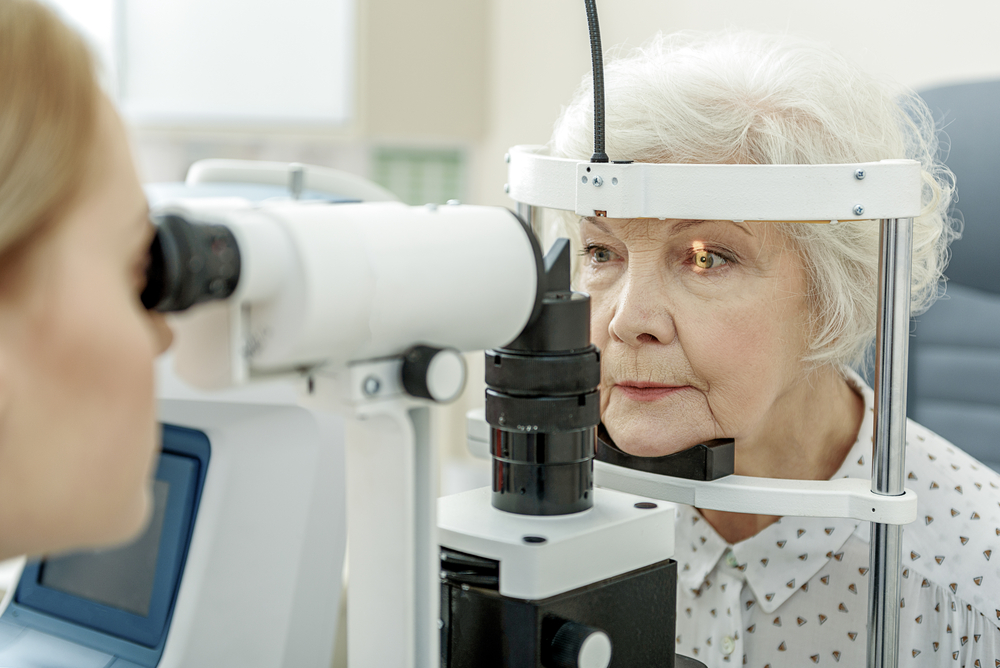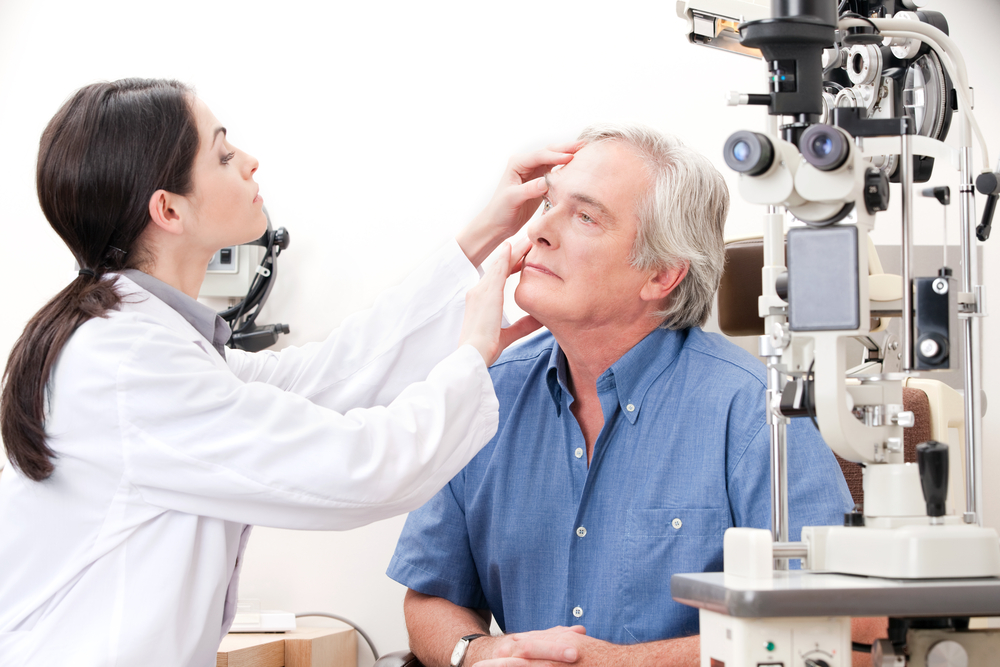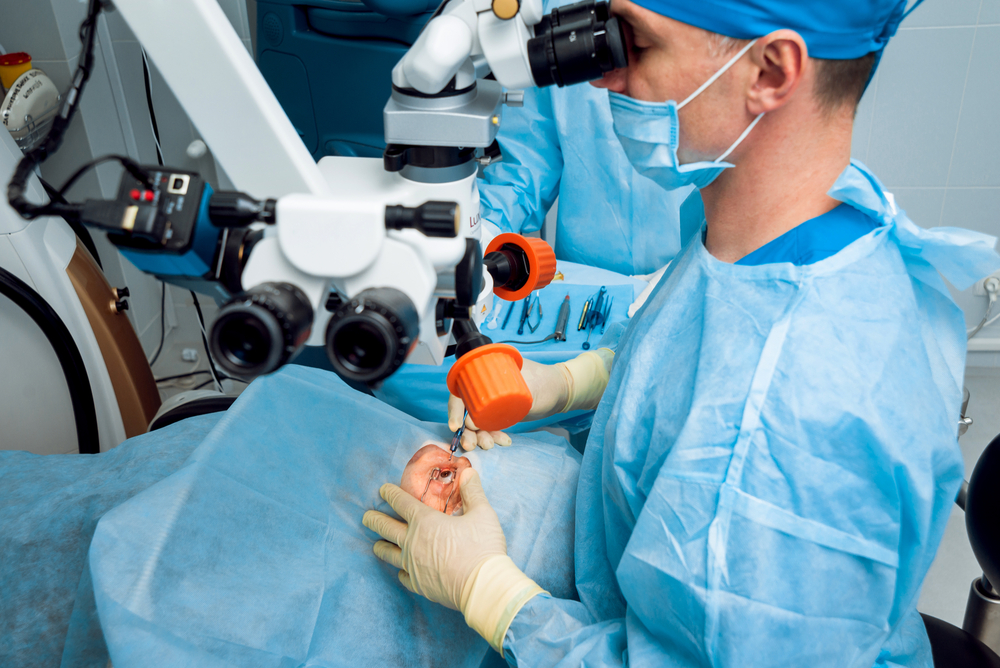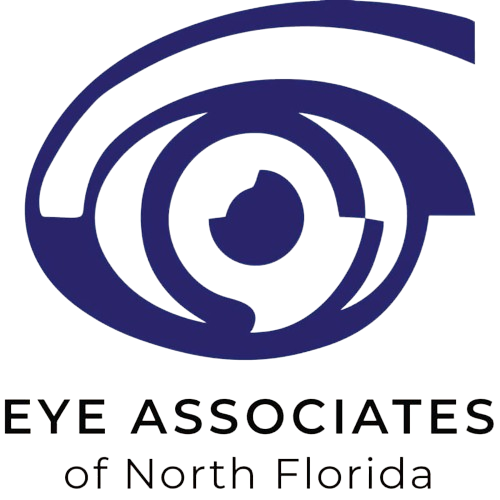How Do Eye Doctors Diagnose Cataracts?

If you have noticed changes to your vision, such as blurriness, difficulty seeing in low light, or colors looking dimmer, you may have cataracts. Cataracts are a common condition, especially for people over fifty.
They cause the lens of the eye to become clouded over and affect your vision. The only way to diagnose cataracts is to see your eye doctor for a comprehensive eye exam.
Keep reading to learn how eye doctors diagnose cataracts!
What Are Cataracts?

Cataracts are clouding of the natural crystalline lens of the eye. The lens sits in front of the retina and helps focus as your brain translates visual images.
Over time, the lens can develop protein deposits, which can lead to cloudiness in your vision. They can also discolor the lens, leading to a brownish or yellowish tint on your entire field of vision.
Cataracts block and prevent light from reaching the retina, so everything may seem darker, and vision may seem worse in low-light situations.
Most cataracts are age-related, though cataracts can also be congenital or develop due to prior eye injuries. Nearly everyone will develop cataracts sometime after the age of fifty. Most age-related cataracts progress slowly, so you may not have symptoms right away.
It may take years before cataracts interfere with daily life.
What Are the Symptoms of Cataracts?
You may not realize you have cataracts when they first develop. They can start small and not cause any changes to your vision.
Eventually, you may start noticing symptoms of cataracts, including:
- Cloudy, blurry, or dim vision
- Difficulty seeing at night or in low light
- Sensitivity to light and glare
- Needing brighter light for reading and other activities
- Seeing halos around lights
- Unusually frequent changes in glasses or contact lens prescription
- Fading or yellowing of colors
- Double vision in one eye
How Are Cataracts Diagnosed?

The only way to get a confirmed diagnosis of cataracts is by having an eye exam from an eye doctor. The symptoms of cataracts are similar to symptoms of other eye conditions, and there’s no way to be certain without examining your eyes.
Comprehensive eye exams are painless and non-invasive. Your eye doctor will give you special drops to dilate your pupils so they can see the inner structures of your eyes.
They will use instruments such as a slit lamp or an ophthalmoscope to look into the eye and determine if there are signs of cataracts on the lens. Your eye doctor will measure the size and opacity of the cataract at each exam so they can track its progress over time.
Unfortunately, there is no medicine or other treatment to prevent, slow, or reverse cataracts. The only way for your vision to be restored is through cataract surgery.
What Happens During Cataract Surgery?
Cataract surgery is a safe, effective procedure that replaces the clouded lens of your eye with a clear, artificial lens. In addition to correcting the vision issues caused by cataracts, the new lens can correct other refraction errors, similar to how prescription glasses or contact lenses work.
The procedure can take place in your eye doctor’s office and only takes about thirty minutes. You will be awake the entire time, though you may want to take medication to help you relax and manage any anxiety about the procedure.
During the procedure, your eye doctor will administer drops to numb your eye and place an instrument to hold your eye open. Using specialized lasers, they will make a small incision in your eye to break up and remove the affected lens.
After that, they place the IOL in the pouch where the clouded lens used to be. Once the new lens is in place, the procedure is over.

You may have minor discomfort after cataract surgery, and you will need to wear an eye shield overnight to prevent yourself from rubbing your eye.
Your eye doctor will give prescription eye drops to soothe discomfort and antibiotic drops to prevent infection.
How Do I Know If It’s Time For Cataract Surgery?
You can manage the early symptoms of cataracts with minor accommodations. For example, having an up-to-date prescription for your glasses or contacts may make it easier to see clearly.
You may also be able to add brighter lighting or turn up the brightness on your phone and computer to improve your vision. Eventually, cataracts may progress to the point that they interfere with your daily activities.
You no longer feel comfortable driving, cooking, or doing basic housekeeping chores. You may not be able to easily read on a screen or printed material.
You may find that you’re tripping or bumping into things and risking injury because of your vision changes. These are all signs that it’s time to talk to your eye doctor about cataract surgery.







